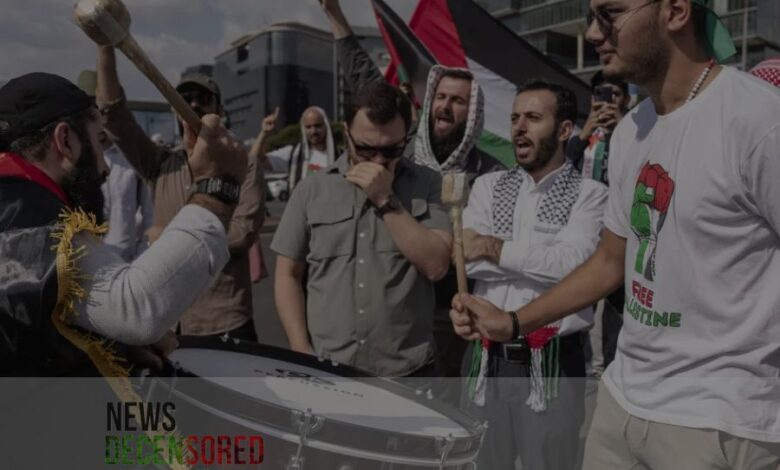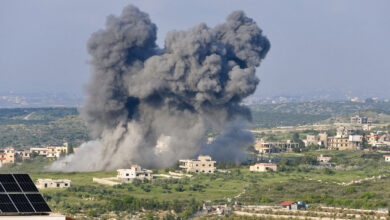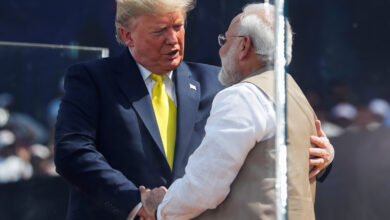South African universities come under scrutiny over Israel as the government supports Palestine

Johannesburg, South Africa—On May 13, 10 tents were set up on the green lawns of the University of the Witwatersrand (Wits University) in Johannesburg. This pro-Palestine camp became known as the “Liberated Zone.”
The students, many wearing keffiyehs, took to the lawns adjacent to the main library, usually used as a relaxation and dining space, as a designated area for their protest and solidarity action.
Their demands: a ceasefire in Gaza and the withdrawal of investments from companies linked to Israel.
In capitals around the world, South Africa has emerged as the leading supporter of the Palestinian cause, calling for an end to the Israeli war on Gaza and pushing the International Court of Justice to issue harsh restrictions against Israel.
But back home, South African higher education institutions are grappling with some of the same debates and protests that have bedevilled universities in the United States and Europe, where governments have come under fire for their continued support for Israel.
High-profile universities in South Africa have refused to disclose their ties to Israeli organisations and institutions and have resisted student calls for a complete academic boycott.
While Wits University agreed to publicly condemn Israel’s military invasion of Gaza and call for a ceasefire, it backed away from student demonstrators’ demands to sever ties with Israel.
The University of Cape Town (UCT) has yet to act on calls to cut ties with institutions linked to Israel.
This comes as officials in the South African government called on universities not to be “neutral” in their position on Palestine and to impose an academic boycott similar to what was imposed globally against the apartheid regime in South Africa.
On the second day of Wits student protests, the camp expanded to include more than 50 tents, each with a dedicated study and sleeping room and an art area.
A few days later, a week after the protest, university security officials arrived at the camp to evacuate the students. They removed Palestinian flags and posters bearing messages of solidarity and calls to end the “genocide in Gaza.” They also tore down posters expressing support for victims of other conflicts in Sudan and the Democratic Republic of the Congo.
Rais Nourbhay, the Wits Palestine Solidarity Committee spokesman, said the university responded poorly to student demands to disclose its ties with Israeli universities and organisations entirely. “Wits has not adopted academic boycott as a position. The resolution adopted in the Senate called for a ceasefire but only went a little further.
Noorbhay, who is currently studying for a master’s degree in astrophysics, added that the protesters are determined to push the university administration to disclose its ties with Israel fully.
When they decided to hold the camps, the students were inspired by their peers at universities in the United States and elsewhere.
We knew we had to do something to protest like other universities worldwide. “When we started talking about the camp, the plans began organically, ” said Kawthar Hussein, a student from Johannesburg.




